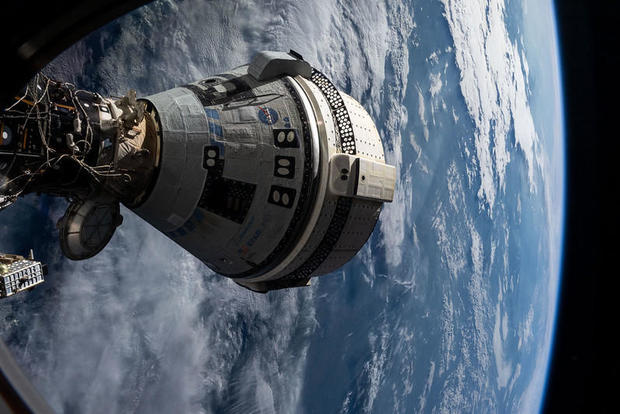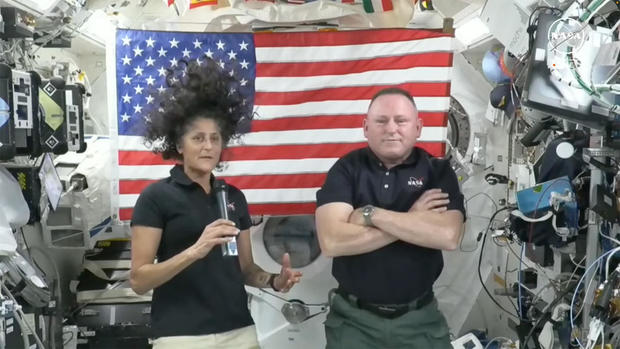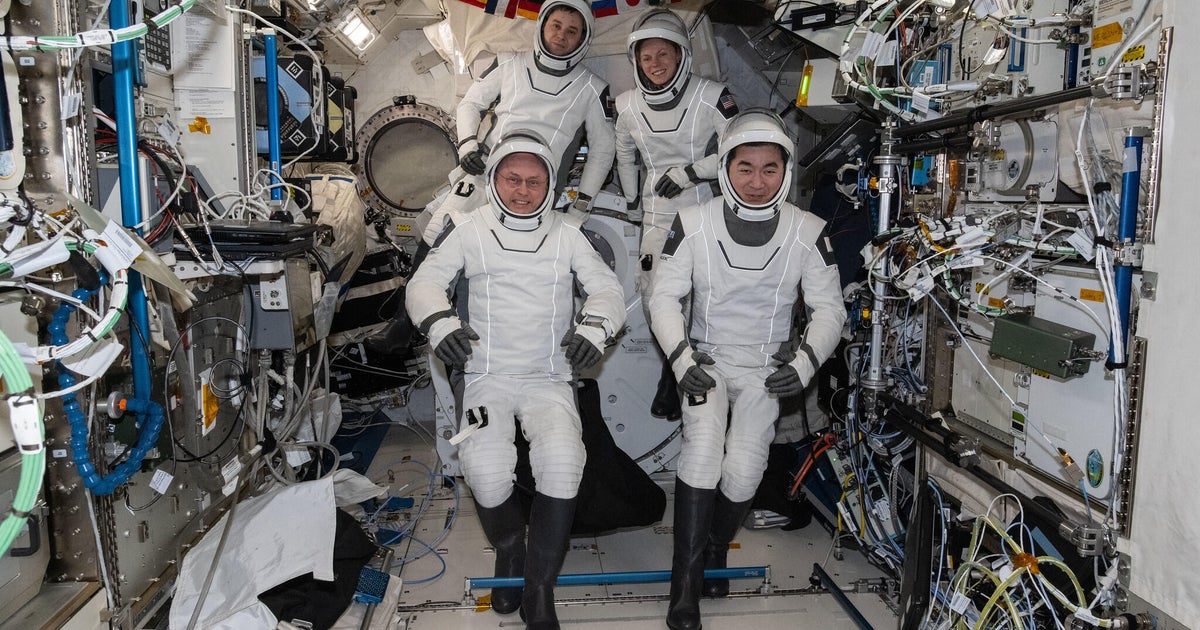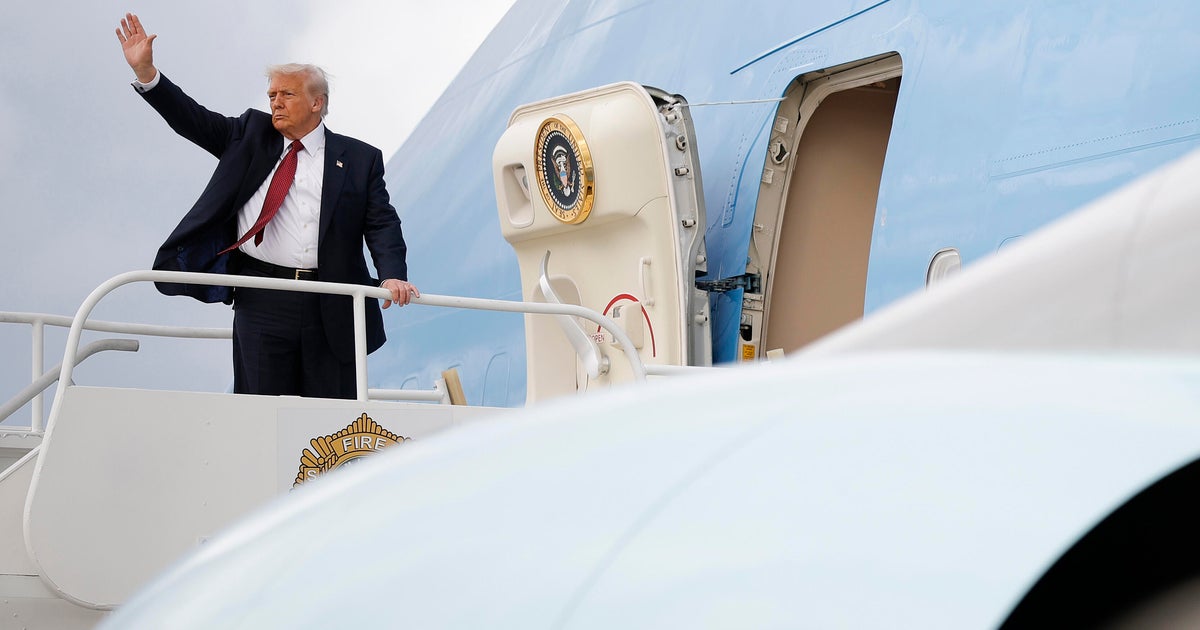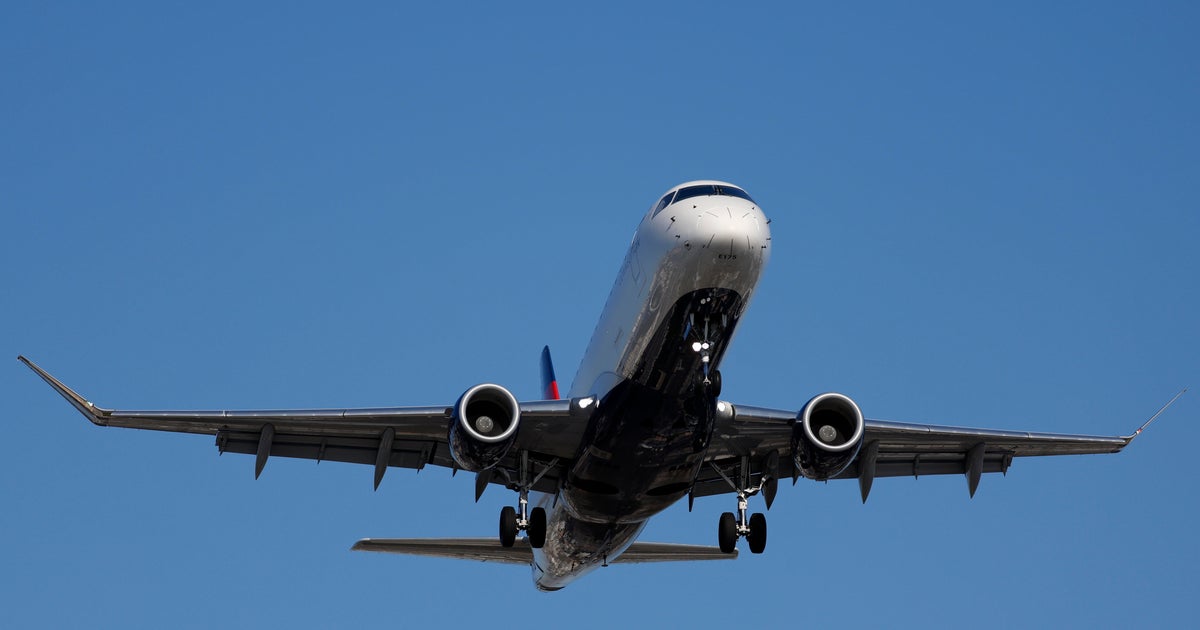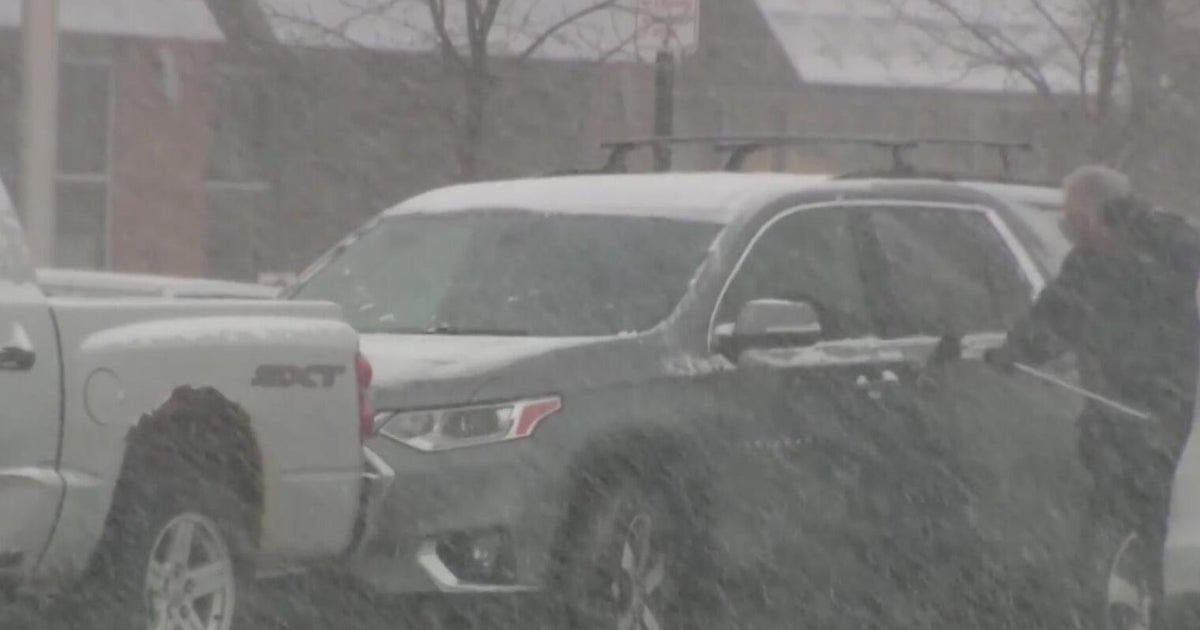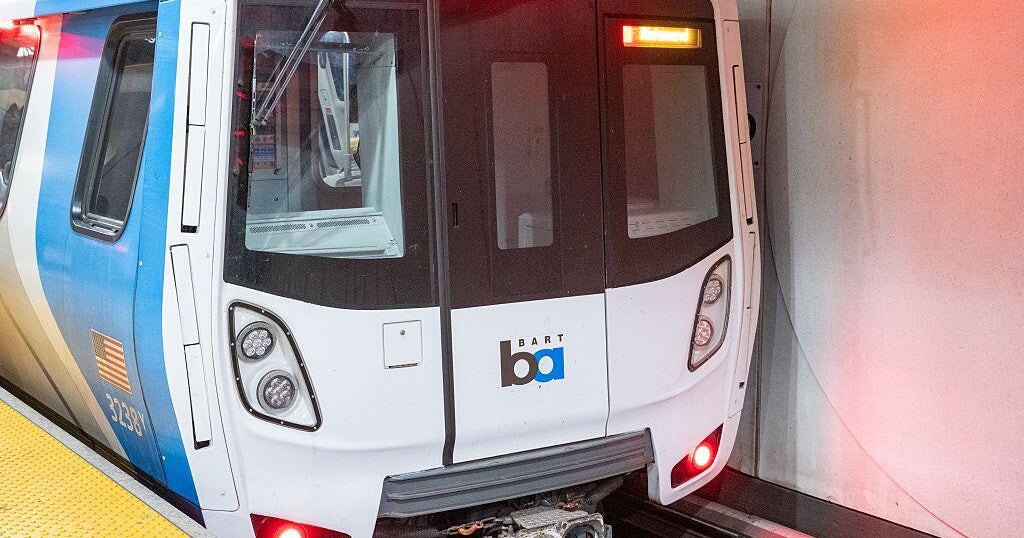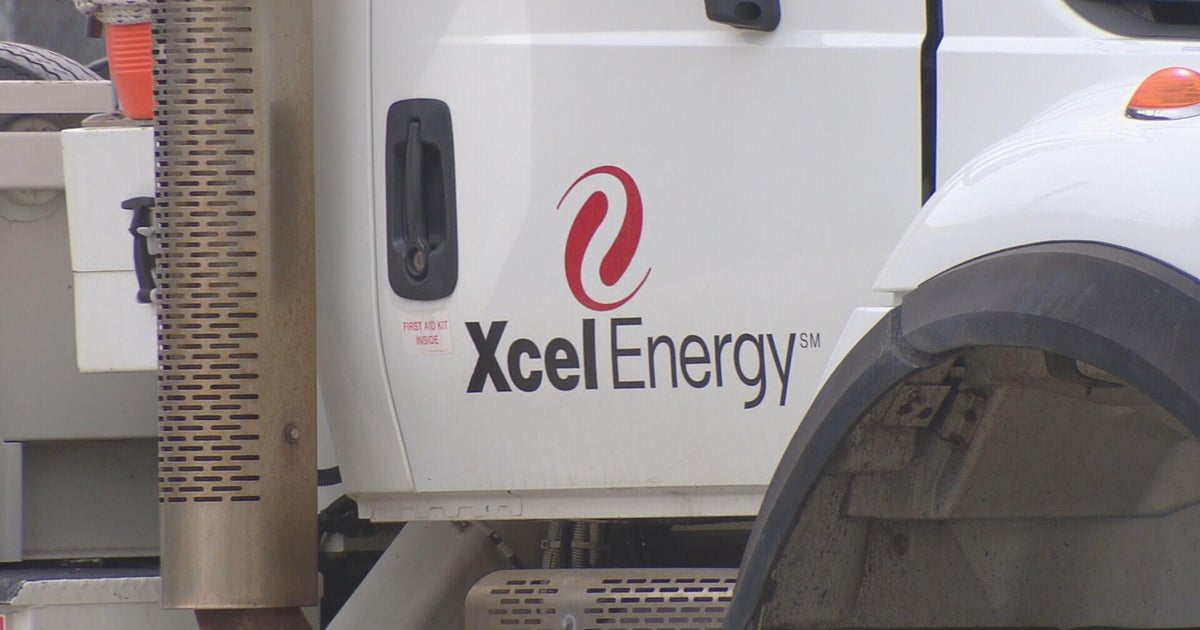NASA managers to decide whether Boeing's Starliner can safely bring crew back to Earth
NASA engineers met Friday to review test results and make recommendations on whether to bring two astronauts back to Earth aboard Boeing's Starliner ferry ship or keep them in orbit an additional six months and bring them home aboard a SpaceX Crew Dragon spacecraft.
NASA Administrator Bill Nelson and other senior agency managers planned to meet Saturday morning at the Johnson Space Center in Houston to review the data collected to date and to make a decision on how to proceed.
While nothing official has been said or leaked, insiders say the most likely scenario, given the risk-averse post-Columbia environment, is to keep Starliner commander Barry "Butch" Wilmore and pilot Sunita Williams aboard the station and to bring the Starliner down without a crew to close out a disappointing test flight.
Nelson has not yet said where he might stand on the issue.
At issue is the Starliner's ability to safety carry its crew back to Earth despite multiple helium leaks in the ship's propulsion system plumbing and initially degraded thrust in five maneuvering thrusters that cropped up the day after launch on June 5.
Boeing has argued the problems are understood in the wake of extensive tests and analysis. Company engineers are convinced the thrusters will work as required to keep the Starliner stable during departure from the International Space Station and during the critical engine firing needed to drop out of orbit for re-entry and landing.
But some NASA managers argue there's no way to prove Boeing's understanding is correct, sources say, and that the safer course of action is to bring the Starliner down by remote control without a crew, especially since Wilmore and Williams have an alternative -- SpaceX's Crew Dragon.
In that scenario, a Crew Dragon scheduled for launch Sept. 24 would take off with just two of its four crew members on board, freeing up two seats for used by Wilmore and Williams when the two "Crew 9" fliers return to Earth next February after a normal six-month tour of duty.
In that case, the Starliner crew's mission, originally expected to last a little more than a week, will stretch to 268 days -- nearly nine months.
If that option plays out, the Starliner could undock as early as Sept. 6, sources say, setting up an unpiloted re-entry and a landing at White Sands, New Mexico.
